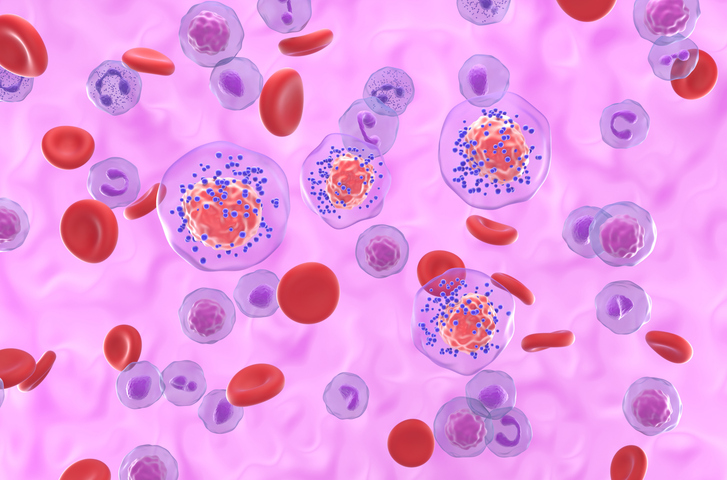
The U.S. Food and Drug Administration (FDA) expanded the approval of palbociclib in combination with endocrine therapy for hormone receptor (HR)-positive, human epidermal growth factor receptor 2-negative advanced or metastatic breast cancer in male patients.
Per a post-marketing study, the drug’s manufacturer, Pfizer, provided the results of an analysis of real-world data from electronic health records as additional supportive data to characterize the use of palbociclib in combination with endocrine therapy in male patients with breast cancer.
FDA expanded approval of palbociclib for male breast cancer today! #bcsm
— Naoto T Ueno, MD, PhD (@teamoncology) April 9, 2019
The most common adverse events (AEs) associated with palbociclib are infections, leukopenia, fatigue, nausea, stomatitis, anemia, hair loss, diarrhea, and thrombocytopenia. Other common AEs are rash, vomiting, decreased appetite, asthenia, and fever. Patients receiving palbociclib should be monitored for neutropenia.
There are an estimated 2,670 cases of male breast cancer in 2019, representing less than 1% of all breast cancer cases. Most men with breast cancer have HR-positive tumors. Certain treatments are sex-neutral in their indication, but some therapies are only approved for women.
Great news for men with breast cancer! #bcsm
FDA Expands Palbociclib Indication in HR-Positive, HER2-Negative Breast Cancer to Include Male Patients – The ASCO Post https://t.co/qo7P9eOSuq
— Erika Hamilton, MD (@ErikaHamilton9) April 4, 2019
Palbociclib was original FDA-approved in 2015 for use in combination with an aromatase inhibitor as the first hormonal-based therapy in post-menopausal women and in men, or with fulvestrant in patients whose disease progressed following hormonal therapy.







 © 2025 Mashup Media, LLC, a Formedics Property. All Rights Reserved.
© 2025 Mashup Media, LLC, a Formedics Property. All Rights Reserved.